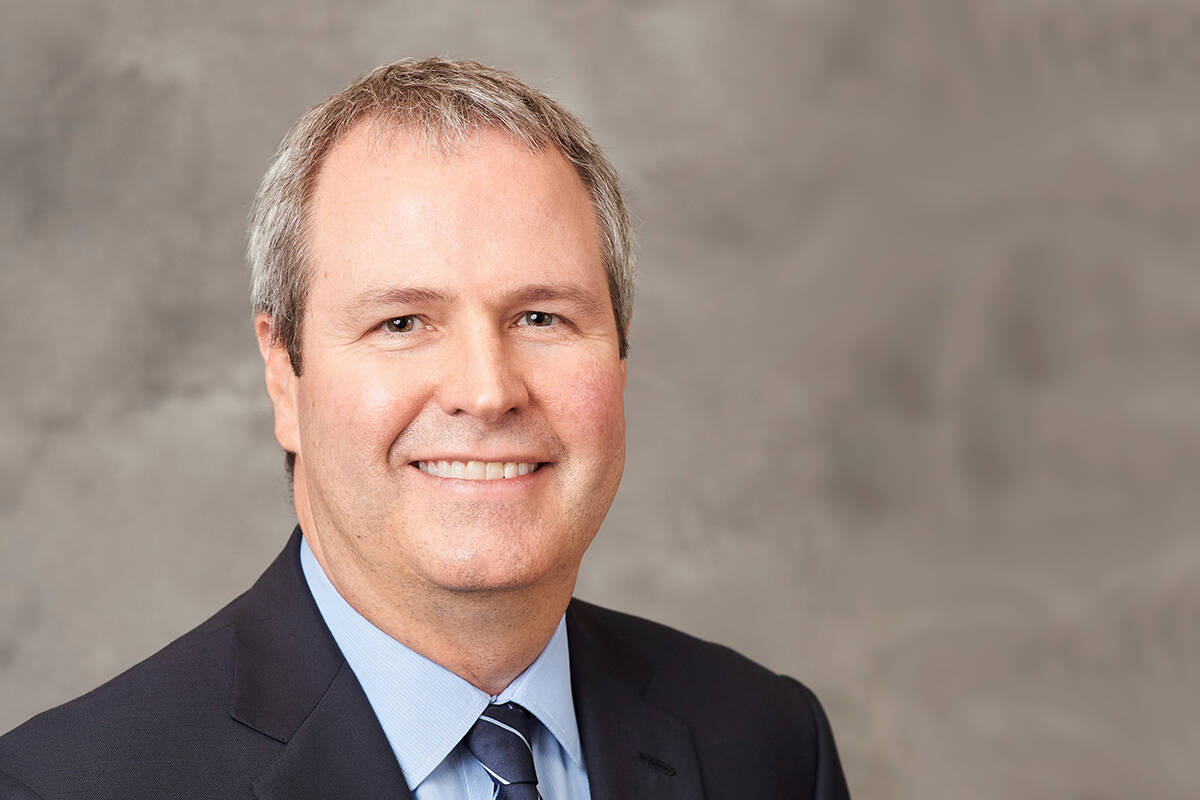Guys, it’s time to start talking.
“In general, men are not nearly as good as women at talking about their health and their bodies,” says Dr. Joel D. Lilly, a member of Pacific Medical Centers’ (PacMed) Urology team. “There’s a reason breast cancer awareness happened well before prostate cancer awareness: most men would shudder to think about having these conversations!”
Dr. Lilly and his colleagues encourage everyone to normalize men’s health conversations because, as health care providers, they want patients to feel comfortable having below-the-waist conversations. But, they admit, it can be a struggle to get male patients to walk through the door.
“Because men don’t often talk about their bodies, they don’t realize how common these urinary and erectile problems are. There’s no need to be embarrassed. The number of men with urological issues is fairly high; unfortunately, the number of men who talk to their doctor is much lower,” Dr. Lilly says.
See your primary care doctor if…
- You wake up in the night to urinate
- Urinating is painful
- You’re urinating more frequently or urgently
- There’s blood in your urine
- You’re experiencing erectile dysfunction
“These symptoms have many causes, but they can be a sign of something important. Don’t hesitate — talk to your doctor,” Dr. Lilly says. “When it comes to erectile dysfunction, if medication didn’t do the trick, there are other options available.”
High-tech, no scalpel
Most men are, understandably, pretty protective of their private parts, but advances in technology have made many procedures more precise and less painful. Lasers and shockwave treatments mean kidney stones don’t require open surgery. No-scalpel vasectomies are minimally invasive. Da Vinci robotic-assisted laparoscopic surgery allows prostate cancer patients to recover from a tumor removal in days, not weeks.
“The high-tech aspects of what we do are really important. They’re minimally invasive, which means less time in the hospital. It’s a safer surgery with less risk to the patient’s other functions, so it’s less intimidating,” Dr. Lilly says.
Medical research offers other protections too. More and more women are familiar with the BRCA mutation, which can be a predictor of breast and ovarian cancer, but Dr. Lilly says men can also benefit from knowing family history and associated cancer risk.
“Many men don’t realize that a family history of breast and ovarian cancer, as well as prostate cancer, means you’re at a higher risk,” says Dr. Lilly, who is also the Medical Director of Genitourinary Oncology at the Swedish Cancer Institute. “There’s a lot of debate about when to begin cancer screening, but I generally recommend having those conversations with your doctor around age 50 if you’re not in an at-risk group.”
The PacMed Urology Team includes Steven Han, MD, Joel D. Lilly, MD, John Mullen, MD, Donald Pick, MD and Julia Wilson, PA-C. To learn more or to schedule an appointment, visit pacificmedicalcenters.org/what-we-do/urology.









